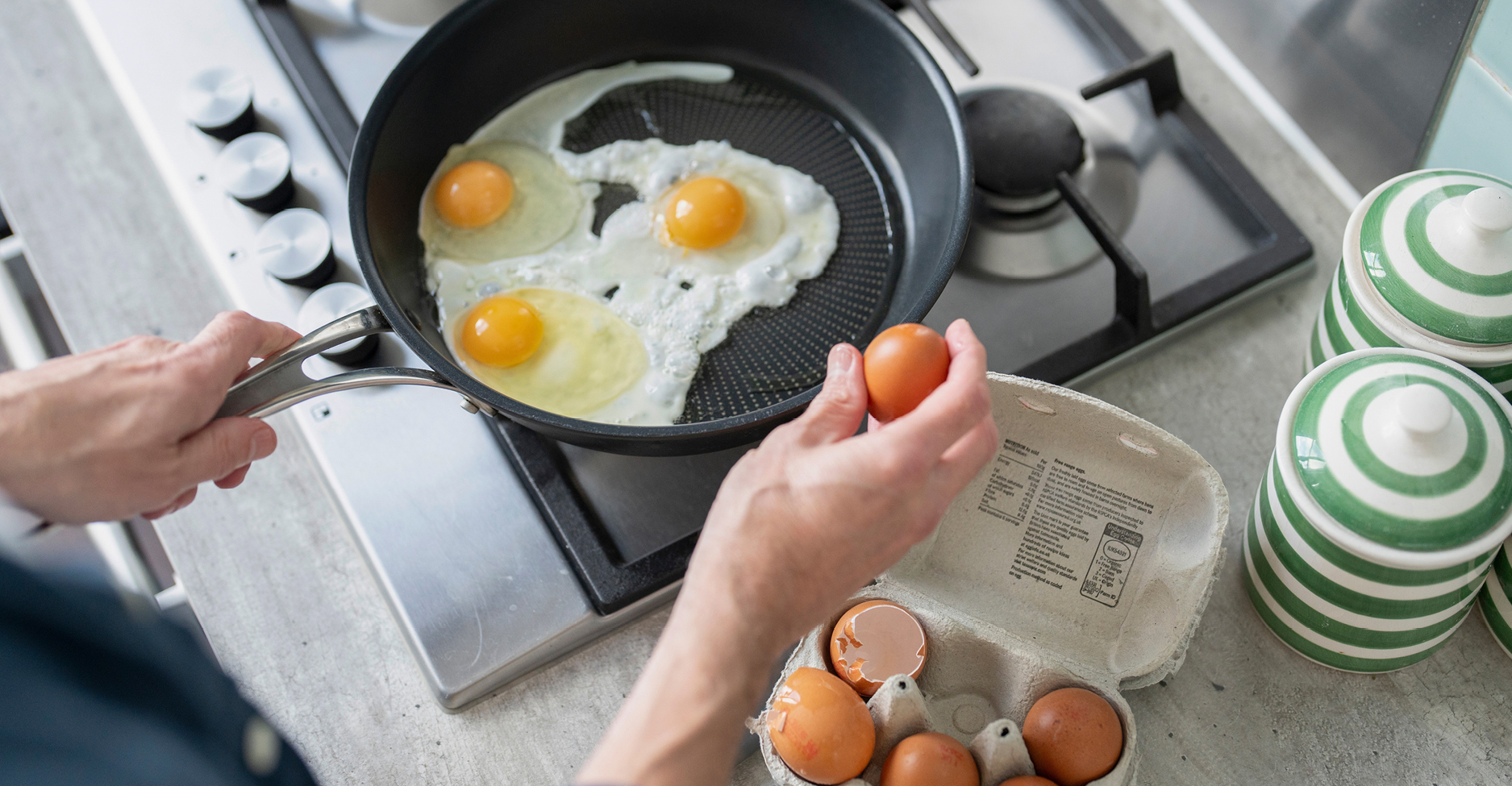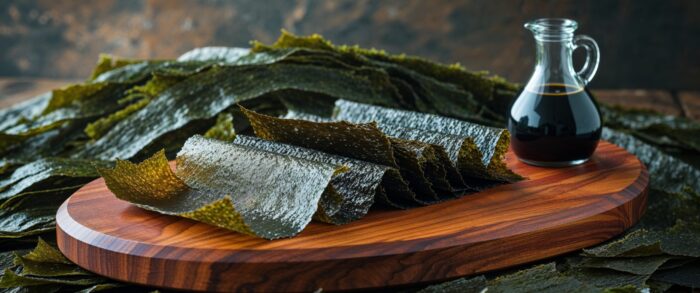
IN MANY JEWISH homes, a non-Jewish housekeeper is part of the household structure. While this can be practical, it raises important Halachic considerations—particularly regarding bishul akum and general kashrus.
A frequent question among kosher-observant employers is: I understand that a non-Jewish housekeeper cannot prepare food for my family, but can she prepare food for herself in the kosher kitchen, using only the kosher ingredients provided by the homeowner? For instance, could she make herself an omelet?
This may seem harmless—after all, both the food and utensils are kosher. However, the situation raises significant Halachic concerns, foremost among them the prohibition of bishul akum.
The Issue of Bishul Akum:
Even when all ingredients and utensils are strictly kosher, food can become non-kosher if it qualifies as bishul akum—food cooked entirely by a non-Jew, which:
- It is not edible raw, and
- It is considered fit to be served at a royal table (oleh al shulchan melochim).
An omelet, for example, meets these criteria. If the housekeeper prepares it without any Jewish participation in the cooking, the food is non-kosher and any utensils used may require kashering.
If She’s Cooking for Herself—Why Is It a Problem?
Since the keilim become non-kosher when the housekeeper cooks for herself, we have an issue. The Shulchan Oruch records both lenient and stringent opinions regarding whether utensils used in bishul akum require kashering. The prevailing Halacha follows the stricter view.1
Exceptions:
- JEW LIT THE FIRE: A continuously burning pilot light kindled by a Jew avoids bishul akum.2
- JEW TURNS ON THE STOVE: If a Jew ignites the flame each time, the food remains kosher.
- CASES OF DOUBT: If unsure whether the housekeeper used a pre-lit flame, one may rely on the lenient opinion in such a safeik.
Reheating Pre-Cooked Food
If the housekeeper is simply reheating food that was already cooked, there is no issue of bishul akum, since the Halachic prohibition only applies to the initial act of cooking, not reheating.
Foods Exempt from Bishul Akum
If the food being cooked:
- Can be eaten raw (e.g., carrots), or
- It is not fit to be served at a royal table (e.g., plain beans),
then bishul akum does not apply. Consequently, the food remains kosher, and the utensils do not require kashering.
Microwaves
Cooking in a microwave may also be subject to the laws of bishul akum based on some Halachic opinions. Therefore, a microwave should be treated the same as cooking on the stove or in the oven.
Best Practice
That said, allowing a non-Jewish housekeeper to do any kind of cooking is not advisable. Over time, there is a real risk that the housekeeper may cook something that required Bishul Yisroel, or even something non-kosher.
A housekeeper’s involvement in food preparation should be limited to prep work (like chopping vegetables), which should ideally be done under your supervision. This precaution will help maintain the kashrus of your kitchen and avoid complex Halachic problems.
Footnotes
1 If the keili was accidentally used to cook kosher food without kashering first, there is a chance the food might still be kosher, since bishul akum is botul b’rov b’dieved. One should consult their personal Rav in such a situation. Lechatchila, however, keili should not be used before kashering.
2 While some hold that the pilot must be directly under the burner, in this situation, where she is cooking for herself and the only concern is the keilim, we don’t need to be machmir. Any type of pilot light is sufficient.


 EN
EN  ZH
ZH  KR
KR  BR
BR  ES
ES  IN
IN  IL
IL  JP
JP 



